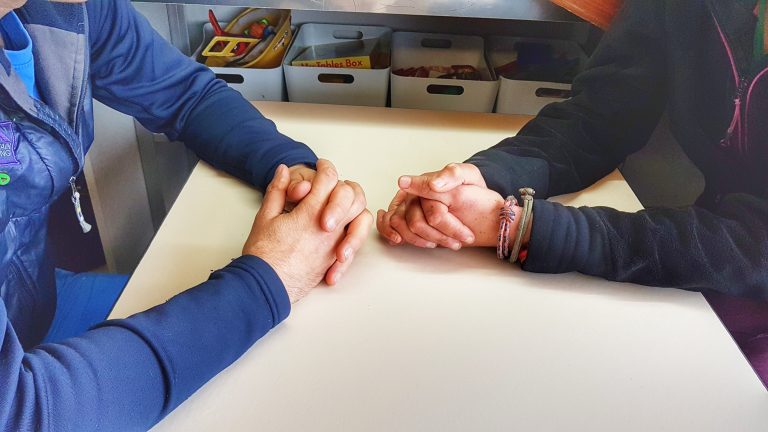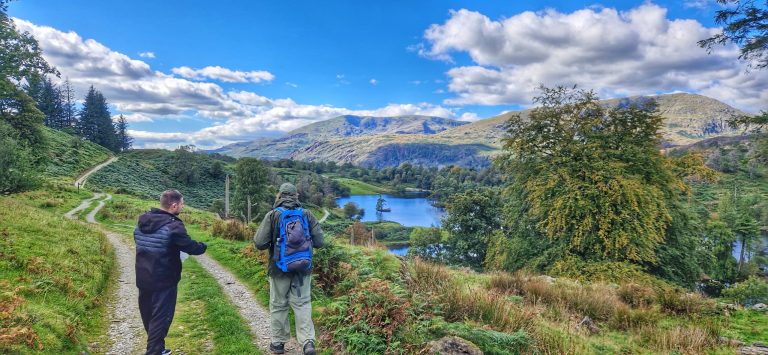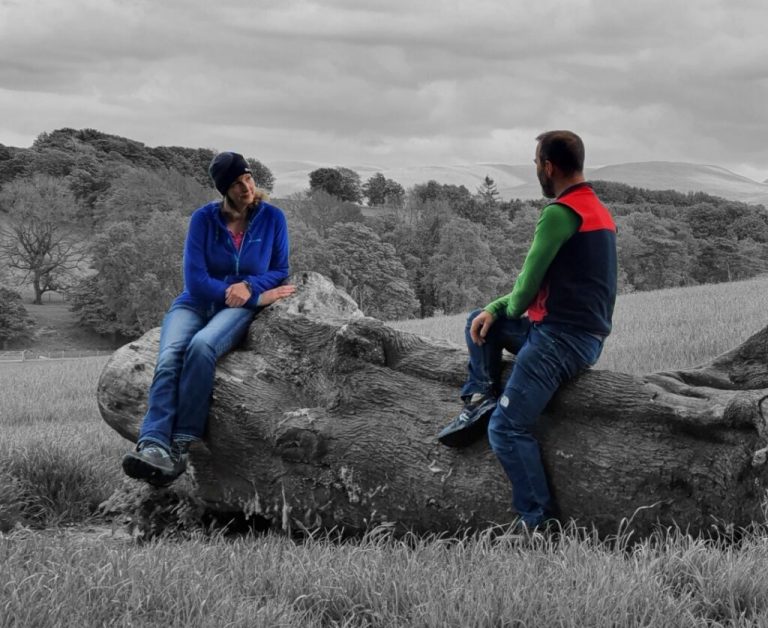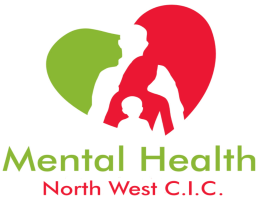
Trigger Warning; this post talks about suicide
This article originally appeared in my ‘other’ line of work as a mountain guide – but it deals with an issue that doesn’t care what your job is – so we thought we’d share it here.
In 2018 there were 6859 preventable deaths in the UK & Republic of Ireland.
6859. Let that sink in for a moment. 6859.
I’m talking about suicide and for many, it’s not a comfortable conversation.
So let’s start by giving that number some context. In the same year there were 1931 reported road deaths in the UK. We’ve legislated to make cars and drivers safer since 1935. Road deaths have been in near constant decline since 1960.
In 2019 the UK government launched the first ever national plan for suicide prevention. Figures for suicide are debatable due to reporting and cultural differences; but the UK Coroner reported figure has remained relatively steady since 2000. Every single day on average 18 people die by suicide. Suicide amongst the young is increasing.

So what can we do about it as individuals & Organisations?
I’ve been involved with First Aid for over two decades. I deliver courses, I’m a Field Trainer for North West Ambulance Service and a Community First Responder – in the last year I know of three instances where people I’ve trained have directly saved a life through the delivery of high quality first aid. In the same period I know 4 Mental Health First Aiders who have intervened and saved a life.
So why would I write an article aimed at Professional Mountaineers about this? Well in my work both as an International & UK based Mountain Leader I’ve found a high occurrence of mental health issues and have personally helped people in immediate crisis on two occasions. We’ve also lost members of our community to suicide – unsurprising as it affects everyone. I think the work many of us do leads to a heightened level of emotional engagement with our clients – the need to form a trust based bond quickly, often spending every waking hour with clients – the simple fact that we’ll spend a long time observing them – all these are factors that can offer us a level of insight that may well be unique. If you factor in the environment we do this in, the changed emotional state that clients may find themselves in, group dynamics to which we are outsiders, the position of trust we often occupy – then we are potentially ideally placed to both notice and to intervene. And…it will make a difference.
Let's address some myths
In writing this I also need to address some myths;
Myth – talking to someone about suicide will put the idea into their head.
Fact – Asking someone directly about suicide lowers anxiety, opens up a dialogue, offers hope and reduces the risk of an impulsive act.
Myth – No-one can stop a suicide, it’s inevitable.
Fact – If people in a crisis get the help they need then they will probably never be suicidal again.
Myth – Only experts can prevent suicide
Fact – Suicide prevention is possible by anyone – how often do we see loved ones, friends or figures of trust intervene. It’s the intervention, not who does it, that matters most.

So how do we help?
We start a conversation, we listen, we ask the tough question; “Are you thinking of killing yourself?”
In a decade answering phones for the Samaritans I heard it done every which way, but it always got asked. Often the conversation moved on to other things, other ways to help, other forms of crisis. But it always got asked, and it got asked early on. The longer it’s left often the harder it gets to ask and, vitally, it can also get harder to answer.
It’s not a great ice-breaker and clearly it needs to be done sensitively, but there are some simple techniques that can help.
- Find somewhere to talk where the person you’re talking to will have all of your focus and they’ll feel comfortable.
- Think about what you’re going to say.
- Ask them how they are feeling. And then listen. Really listen to what’s said. Watch them, be open and attentive, and most of all be non-judgemental. The issue that seems minor to you could be the most important thing in the world to someone in crisis, it may be the proverbial straw, it may not even be the root of their crisis – but its a conversational starting point.
- Ask them if they are suicidal. It really does (in most cases) come this early in the process. You can ask directly: “are you having suicidal thoughts?” or “have you thought about ending your life?” But I often prefer to be more indirect; “it sounds like you’re having a really tough time. Has it ever got so bad that you’ve thought of ending it all?”
- Listen to the answer. Give them as long as they need. Don’t challenge them, don’t dismiss them, and be prepared to revisit the question if they evade it.
- Tell them that whatever it is, help is available. You are the proof of that – you can facilitate it. Take them to a phone, make the call for them – but try and get them engaged with the process of getting further support. There are literally hundreds of helplines in the UK, many very specialist but I carry a card in my wallet with 6 phone numbers on it that cover most immediate crisis. The Samaritans, MindInfoLine, Childline, The Mix, NHS111 & 999.
- If I can’t get to immediate support, say the middle of a remote trek or just out of signal range, then I may consider asking them to make me a promise; “will you promise me that you won’t do anything to harm yourself until we’ve tried to get you some help?” It’s a powerful tool and it lets a person in crisis know that you are there for them until help arrives.
- Like any other medical emergency – if you think there’s an immediate risk to the individual’s life then call 999. Call centres will have trained mental health personnel on duty, they’ll assess and respond based on the risk level – they can also start a referral process to more specialised help.
As with any first aid emergency the priority is you. Don’t put yourself physically at risk – and don’t put your own mental well being at risk either. If you’re involved in helping someone in crisis then take some time to process it afterwards, discuss how it’s made you feel with your own support network. If an incident is troubling you all of the UK mountain Associations (MTA, AMI, BAIML, BMG) have TRiM (Trauma Risk Management) practitioners in place and are able to put you in touch with appropriate support.
So saving a life can be as simple as that. Telling someone that you CARE.
Check for risk of suicide or harm.
Apply non judgemental listening.
Reassure & facilitate help.
Encourage.
Kelvyn James is a working IML a former President of the British Association of International Mountain Leaders. He also runs Mental Health North West CIC Ltd and is a former Trustee of the Samaritans & a qualified counsellor & psychologist.










